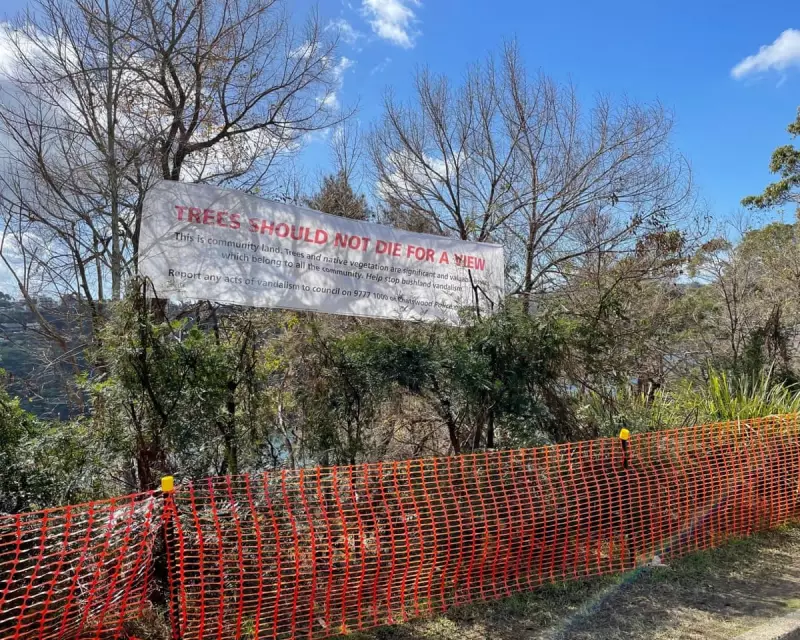
Australia's forests have become the battleground for one of the nation's most bitter environmental conflicts, with conservationists and timber industries locked in a destructive stalemate that experts warn is failing both nature and communities.
The Deepening Crisis in Australia's Woodlands
Across the continent, from the towering karri forests of Western Australia to the ancient gums of Victoria, a silent war is raging. Conservation groups and forestry operations remain entrenched in positions that have changed little in decades, while Australia's unique biodiversity continues to decline at alarming rates.
The current protection framework is clearly not working, according to leading environmental scientists. "We're stuck in a cycle of protest, counter-protest, and political short-termism," says Professor Sarah Chen from the Australian National University. "Meanwhile, species extinction rates continue to climb, and forest health deteriorates."
Why Traditional Approaches Are Failing
The fundamental problem lies in the binary nature of the debate: complete protection versus unlimited access. This oversimplified framework ignores the complex ecological realities of Australian forests and the diverse needs of regional communities.
- Economic pressures drive unsustainable harvesting practices
- Fragmented legislation creates regulatory loopholes
- Climate change impacts are accelerating forest vulnerability
- Indigenous knowledge remains underutilised in management decisions
Breaking the Impasse: Emerging Solutions
Forward-thinking researchers and community leaders are proposing innovative approaches that move beyond the traditional conflict model. These include:
- Precision forestry techniques that minimise ecological impact while maintaining timber supply
- Carbon farming initiatives that create economic value from standing forests
- Co-management models incorporating Indigenous traditional knowledge
- Eco-tourism development as sustainable alternative income for regional communities
"The solution isn't about finding a middle ground between two extreme positions," explains Dr Michael Torres, an environmental policy expert. "It's about creating entirely new frameworks that recognise the multiple values our forests provide—from carbon storage to water filtration to cultural significance."
The Urgent Need for National Consensus
With climate change intensifying and biodiversity loss accelerating, the window for finding effective solutions is closing rapidly. Stakeholders across the political spectrum acknowledge that the status quo is unsustainable, but breaking decades of entrenched opposition requires courageous leadership and genuine dialogue.
The future of Australia's iconic forests—and the unique species that depend on them—hangs in the balance. The time for innovative thinking and collaborative action has never been more critical.





